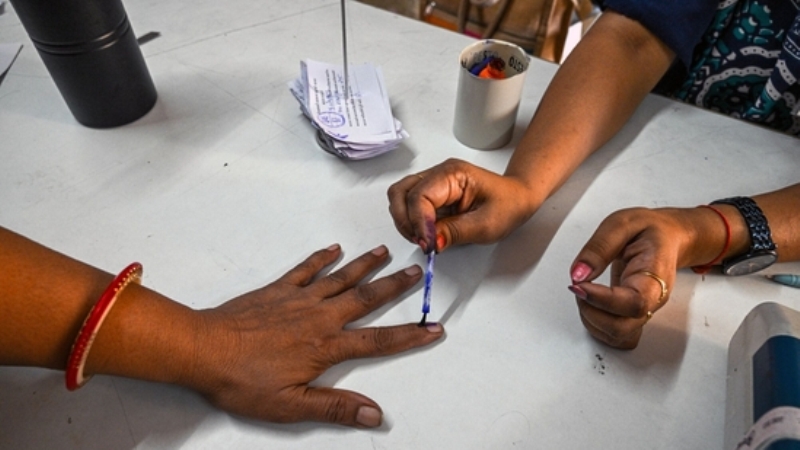Nearly three months after the Union Cabinet accepted the recommendations of the high-level committee chaired by former President Ram Nath Kovind on holding simultaneous polls, the Union Cabinet on Thursday approved the ‘One Nation, One Election’ bill.
According to sources, the bill is likely to be tabled in Parliament next week.
In September this year, the Cabinet approved the ‘One Nation, One Election’ initiative, proposing simultaneous elections for the Lok Sabha, assembly, urban bodies and panchayats, all to be conducted within a 100-day timeframe.
However, the Union Government has not confirmed the timeline for implementation — whether simultaneous polls will begin in 2029 or 2034.
The committee’s assessment pointed out that prolonged elections lead to administrative uncertainty and affect governmental decision-making. Their analysis indicated that concurrent elections would lead to more consistent policies, reduce electoral weariness, and encourage greater participation in voting.
The extensive document, containing 18,626 pages, represents the outcome of broad discussions with stakeholders and specialists, alongside research spanning 191 days since the committee’s formation on September 2, 2023.
After the Cabinet’s approval in September, Prime Minister Narendra Modi has expressed his support for the initiative.
A top source in the government said there would be “extensive deliberations” on the Bill both inside and outside Parliament. Apart from the Joint Parliamentary Committee, the ruling BJP will also conduct an awareness campaign over the idea of ‘one nation one election’.
The Bills to hold simultaneous polls for all state and UT assemblies along with parliamentary elections can be passed by Parliament without consultation with state governments or ratification by state assemblies.
ALSO READ: Assam opposition slams government’s move to link NRC with Aadhaar
However, if the government introduces a Bill to align local body polls or create a Single Electoral Roll through the Election Commission of India (ECI), it would require ratification by at least half of the state legislatures before being enacted.















